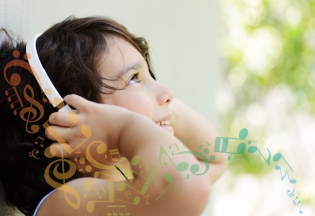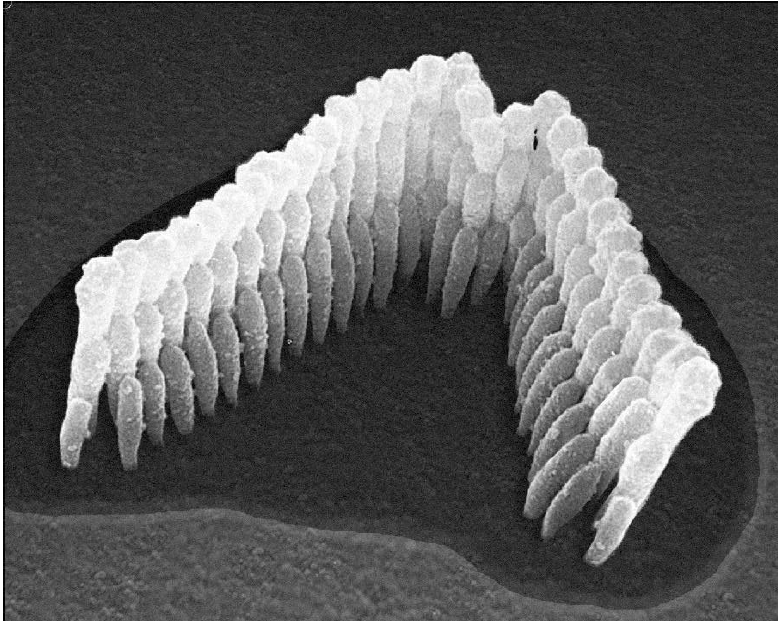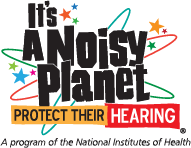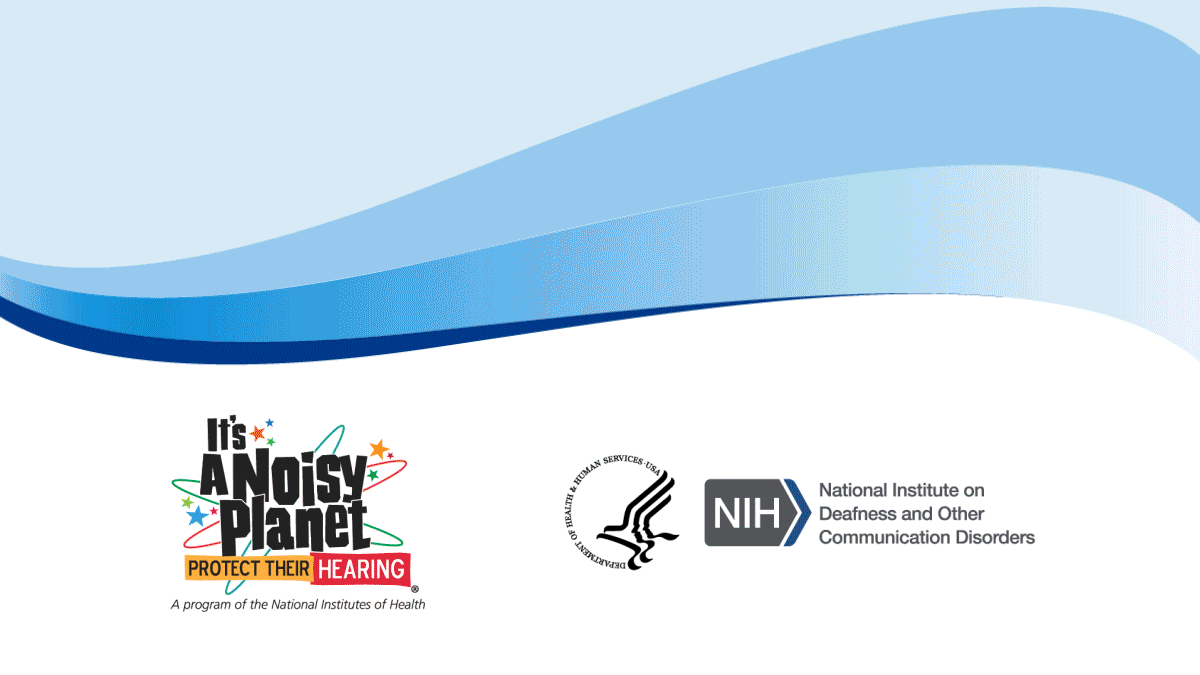
Would you agree that it’s a Noisy Planet? You hear loud noises at school, home, concerts, sporting events, and just about anywhere else.
Sounds can be harmful when they are too loud, even for a short time, such as an ambulance siren passing by on the street. Sounds can also be harmful when they are both loud and long-lasting, such as the music in your headphones when the volume is turned too high.
How do you know when the volume is too loud? Sound is measured in units called decibels (dB), just as height is measured in feet or inches. Because people can’t hear all frequencies, or pitches of sound, A-weighted decibels (dBA) can be used to describe sound based on what human ears can actually hear. Sounds at or below 70 dBA are generally considered safe. Any sounds at or over 85 dBA are more likely to damage your hearing over time.
For example, a normal conversation is around 60-70 dBA, and fireworks are often 160 dBA. Check out our Listen Up! infographic to find out how loud some other common sounds can be.
What can loud sounds do to your hearing?
Noise-induced hearing loss happens when tiny hair-like structures (called stereocilia, pronounced STARE-ee-oh-SILL-ee-ah) that sit on top of hair cells in your inner ear are damaged or destroyed by noises that are too loud and/or last for too long. This type of hearing loss is permanent.


The good news: You can prevent noise-induced hearing loss!
You can prevent hearing loss from noise in three ways:
If you practice these healthy habits now, you can help protect your amazing sense of hearing!




